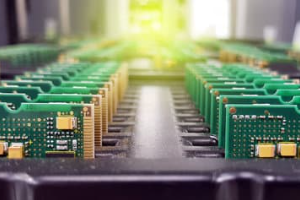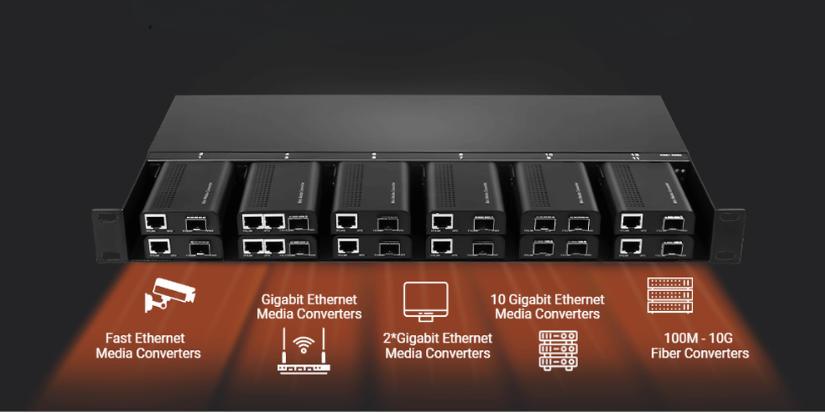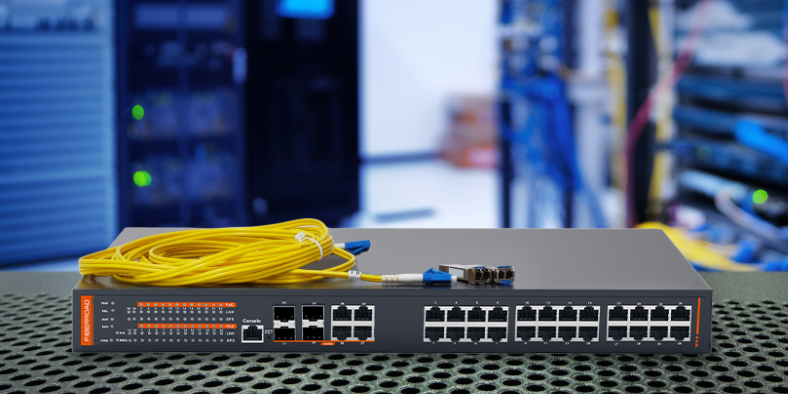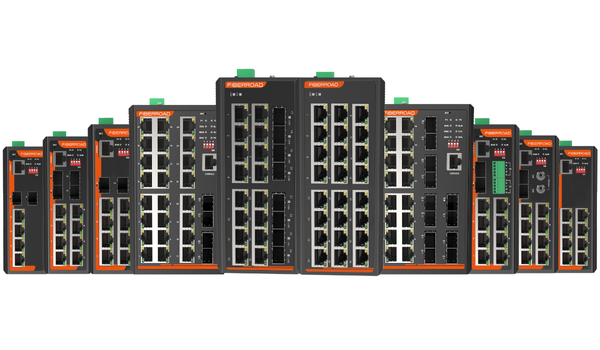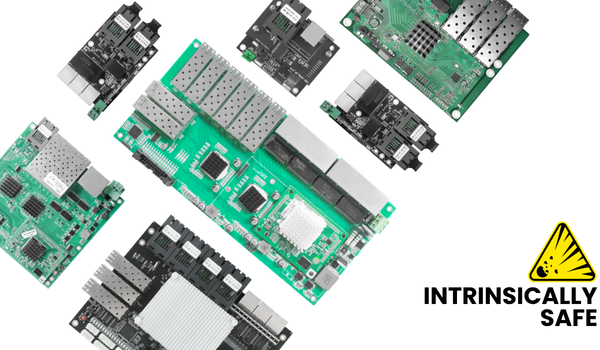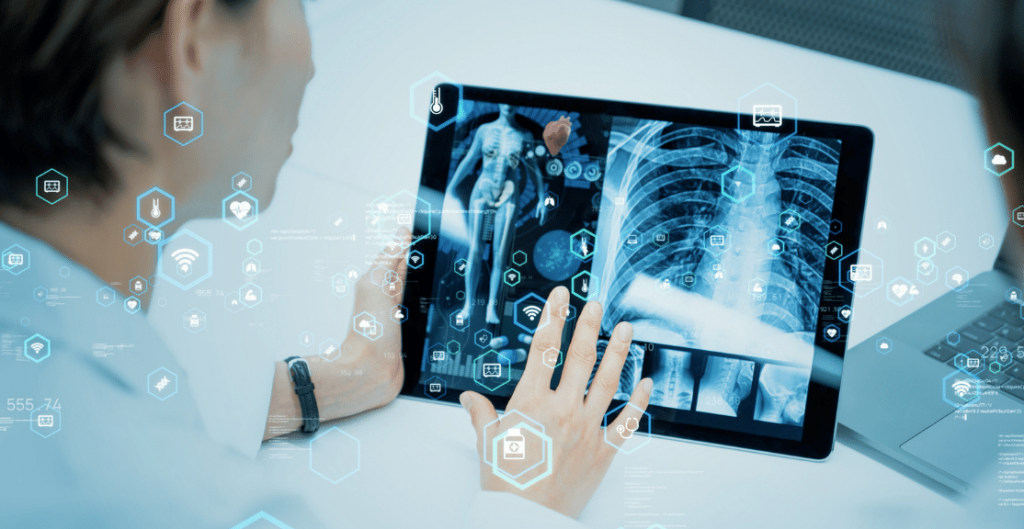
What is the Internet of Medical Things?
The Internet of Medical Things (IoMT) is a growing category of connected medical devices that can transmit and collect data. The data collected by these devices can help healthcare providers monitor key biometrics in real-time, which can help them perform accurate diagnoses and prevent disease. IoMT software applications can streamline processes by making them more efficient. It also enables remote patient monitoring, reducing the need for in-person visits. Besides monitoring vital signs like blood pressure, body temperature, and activity, IoMT solutions can also trigger personal emergency response systems. In addition, they can help keep chronic diseases under control. Wearable devices will also allow patients to communicate information about their medical condition to their doctors.
IoMT devices can solve a wide range of medical problems. They can help healthcare providers make more accurate diagnoses and treat patients faster by providing remote monitoring. IoMT solutions can also be combined with Artificial Intelligence (AI) to automate certain tasks. The Internet of Medical Things (IoMT) is a growing category of connected medical devices that can transmit and collect data. The data collected by these devices can help healthcare providers monitor key biometrics in real-time, which can help them perform accurate diagnoses and prevent disease. These devices also help physicians reduce costs and improve patient care.
How is IoMT Impacting Healthcare?
IoMT is a technological advancement that enables medical professionals to monitor patient health more efficiently. It is also expected to lower healthcare costs by improving the accuracy of diagnosis and monitoring of chronic illnesses. This technology can send patient information directly to doctors and track health information for chronic conditions.
In-home IoMT
In-home IoMT has the potential to improve the health of patients and healthcare systems by providing real-time information and remote patient monitoring. The devices, including smartwatches and pillboxes, monitor vital signs and physiological parameters and can help to reduce hospitalizations. They can also provide patient health information and help with drug management. In-home IoMT has the potential to transform the healthcare industry. It has the potential to help providers make better use of the health resources that they have available and help patients get quality health care at a low cost.

A large part of hospital bills go to diagnostics and treatments. By moving routine medical checks from the hospital to a patient’s home, IoT can make the process more effective and cost-effective. By using wearable devices, doctors can more effectively communicate with patients, reducing the need for hospitalization. Furthermore, remote monitoring can prevent re-admissions to the hospital.
In-Hospital IoMT
IoMT is a growing technology used to monitor patient data in hospital settings. Its application has many potential benefits for healthcare. It can help healthcare workers monitor the condition of patients in real-time, preventing emergencies and improving patient care. It can also help pharmaceutical companies manage drugs better and implement more stringent quality control measures. The medical field is rapidly becoming a hub for IoMT development, with a growing number of developers offering various services.
IoMT solutions for hospitals include smart devices and integrated data processing systems. These devices can monitor a patient’s condition and send alerts if the condition deteriorates. Other applications of IoMT solutions for hospitals include medical equipment, which can be tracked to ensure quality and safety.
IoMT can make healthcare providers more efficient and patient-centric by reducing the number of visits and expensive services. It can also provide continuity of care to patients and improve patient compliance. As with any technology, it must work hand-in-hand with healthcare service providers to develop effective IoMT solutions. If IoMT is successful, it can be a game-changing innovation for healthcare.
Community Internet of Medical Things
The IoMT technology can help hospitals and clinics reduce costs and improve patient care. It can reduce the risk of medication non-adherence and improve quality of life. In addition to this, it can free up resources for other areas of the healthcare system. By enabling remote access to medical information, it can help the entire healthcare system become more efficient and effective.
The IoMT technology can also help healthcare providers offer more personalized care. With the vast amounts of data collected by these devices, advanced AI-driven health applications can help physicians detect risks and treat patients more effectively. These applications can also help health professionals understand the needs of specific populations and promote patient engagement and self-care.
The IoMT technologies used in community IoMT are intended to improve healthcare in remote areas. These devices can help paramedics monitor patient metrics outside of the hospital. In addition, IoMT devices are being used to enhance remote healthcare services, such as kiosks that can dispense medicines in rural areas. Similarly, IoMT devices can also be used by suppliers in logistics.

